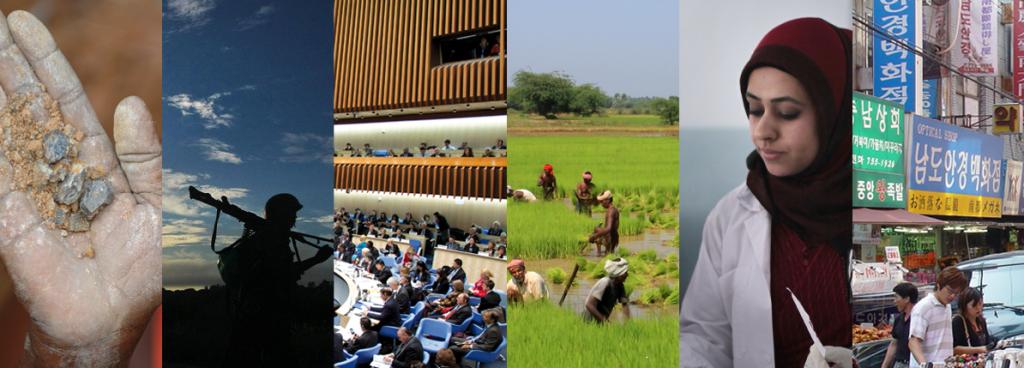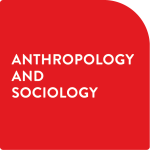Abstract
Anthropologists have shown how recent efforts to tell apart foreigners from autochthons have played out, often subtly disguised, in panics over objects that may seem trivial: “alien species” of fish, trees, or plants that endanger “local” nature. Little has been said about plastic’s dominant position among these objects. In Samburu county, northern Kenya, “plastic boys” are unemployed men who others despise for being unattached, “useless paupers,” who, not unlike plastic itself, have allegedly no capacity to grow roots and thrive. Analyzing this subject position against a wider background of objects and afflictions deemed “foreign”—including plastic bags, plastic rice, plastic hair, plastic smiles, and homosexuality as a “plastic pollutant”—I show how different troublesome objectifications of plastic resonate with one another and their wider context. I argue that panics over plastics and the politics of belonging shape one another, producing new, less obvious forms of inclusion and exclusion.
About the Speaker
George Paul Meiu is John and Ruth Hazel Associate Professor of the Social Sciences in the Department of Anthropology and the Department of African and African American Studies at Harvard University. His research and teaching focus on sexuality, gender, and kinship; belonging, citizenship and the state; race and ethnicity; and the political economy of postcolonial Africa. Currently, he is working on on a book, entitled Queer Objects of Rescue: Intimacy and Citizenship in an African Nation, to address a growing trend, in Kenya, that involves political and religious leaders, non-governmental organizations, and the citizenry in securing collective morality from the so-called “perversions of globalization.”




